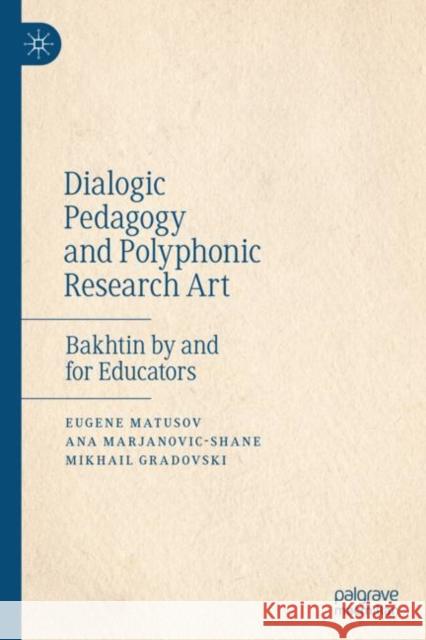Dialogic Pedagogy and Polyphonic Research Art: Bakhtin by and for Educators » książka
topmenu
Dialogic Pedagogy and Polyphonic Research Art: Bakhtin by and for Educators
ISBN-13: 9781137580566 / Angielski / Twarda / 2019 / 326 str.
Kategorie:
Kategorie BISAC:
Wydawca:
Palgrave MacMillan
Język:
Angielski
ISBN-13:
9781137580566
Rok wydania:
2019
Wydanie:
2019
Ilość stron:
326
Waga:
0.64 kg
Wymiary:
23.39 x 15.6 x 1.91
Oprawa:
Twarda
Wolumenów:
01
Dodatkowe informacje:
Wydanie ilustrowane











